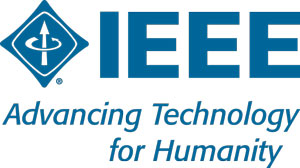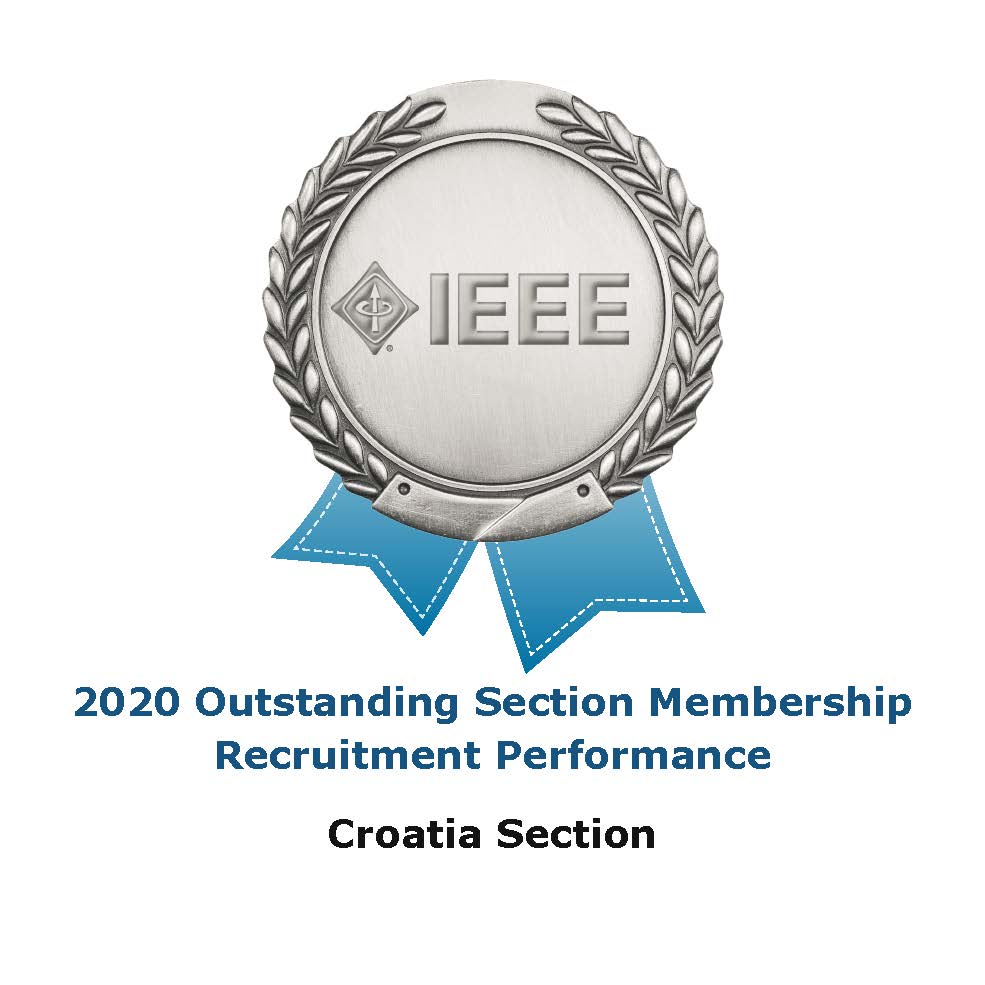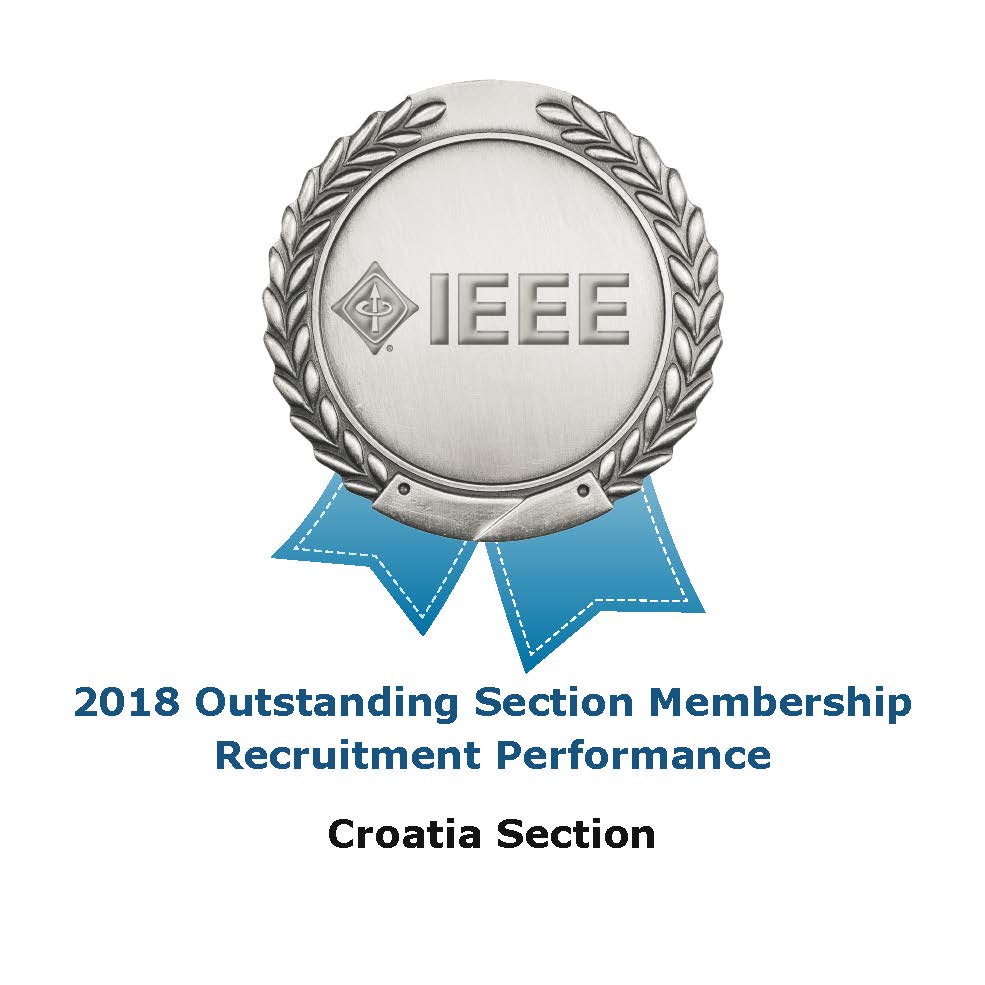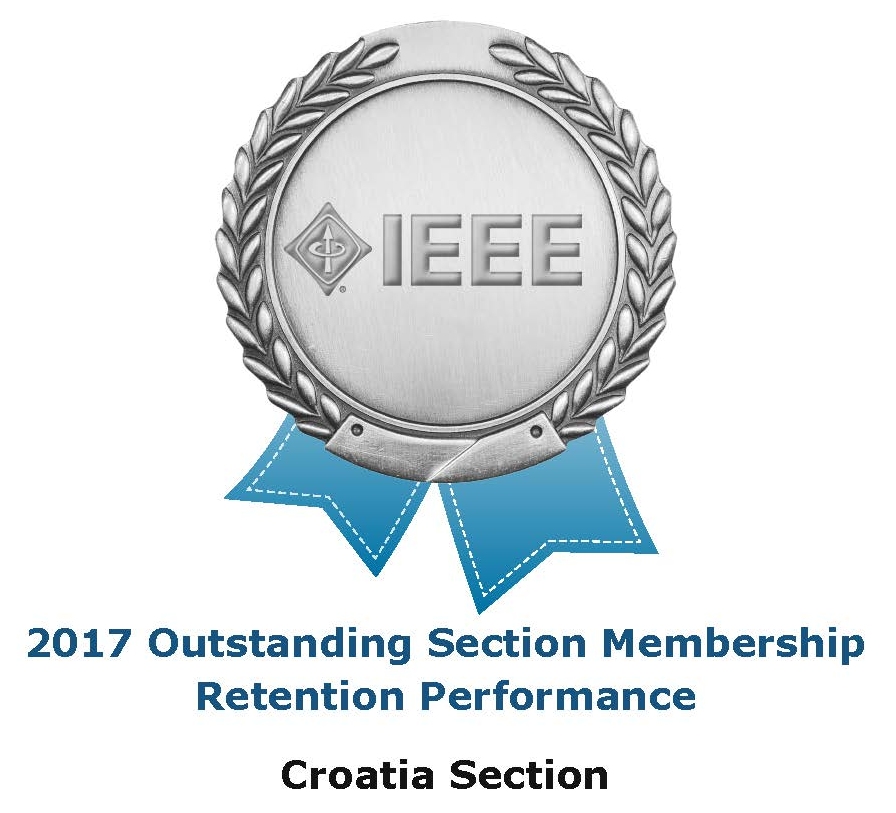The Department of Control Systems and the Department of Robotics and Automation of the IEEE Croatia Section, together with the Center of Excellence for Data Science and Cooperative Systems (ZCI-DATACROSS), invite you to the lecture Automatic Control in the Era of Artificial Intelligence, delivered by Francesco Borrelli, Fanuc Professor, Department of Mechanical Engineering, University of California, Berkeley, USA.
The lecture will take place on Wednesday, March 26, 2025, at 11:00 PM, in the Grey Hall at FER.
Abstract
In an era where Artificial Intelligence (AI) is often seen as a universal solution for any complex problem, this presentation offers a critical examination of its role in the field of automatic control. To be concrete, I will focus on Optimal Control techniques, navigating through its history and addressing the evolution from its traditional model-based roots to the emerging data-driven methodologies empowered by AI.
The presentation will delve into how the theoretical underpinnings of Optimal Control have been historically aligned with computational capabilities, and how this alignment has shifted over the years. This juxtaposition of theory and computation motivates a deeper investigation into the diminishing relevance of certain traditional control methods amidst the AI revolution. We will critically examine scenarios where AI-driven approaches could outperform classical methods, as well as cases where the hype surrounding AI overshadows its actual utility.
The talk will conclude with a view of state-of-the-art optimal control methods in practical applications including self-driving cars, advanced robotics and energy efficient systems. From this perspective, we will identify and explore future potential directions for the field, including the design of learning control architectures which seamlessly integrate predictive capabilities at every level, focusing on systems that can autonomously refine their performance over time through continuous learning and interaction with their environment.
Brief biography
Francesco Borrelli received his ‘Laurea' degree from the University of Naples Federico II', Italy in 1998, and his PhD from the Automatic Control Laboratory at ETH-Zurich, Switzerland in 2002. He is currently a Professor at the Department of Mechanical Engineering at the University of California, Berkeley, USA, where he conducts research in the field of predictive control.
Professor Borrelli has authored over 200 publications in the field of predictive control and is the author of the book Predictive Control, published by Cambridge University Press. He has received several awards for his contributions to the predictive control field, including the 2009 NSF CAREER Award, the 2012 IEEE Control System Technology Award, and was elected IEEE Fellow in 2016. In 2017, he was awarded the Industrial Achievement Award by the International Federation of Automatic Control (IFAC) Council.
Professor Borrelli has been a consultant for major international corporations since 2004, with his recent industrial activities focusing on the application of predictive control in self-driving vehicles, utility scale solar power plants, automotive control systems, and building energy efficiency control. He was the founder and CTO of BrightBox Technologies Inc, a company focused on cloud-computing optimization for autonomous systems, and was the co-director of the Hyundai Center of Excellence in Integrated Vehicle Safety Systems and Control at UC Berkeley. He is also the founder of WideSense Inc., a company focused on E-Mobility.
Professor Borrelli's research interests include model predictive control, learning, and their application to robotics, transportation, and energy control systems.







